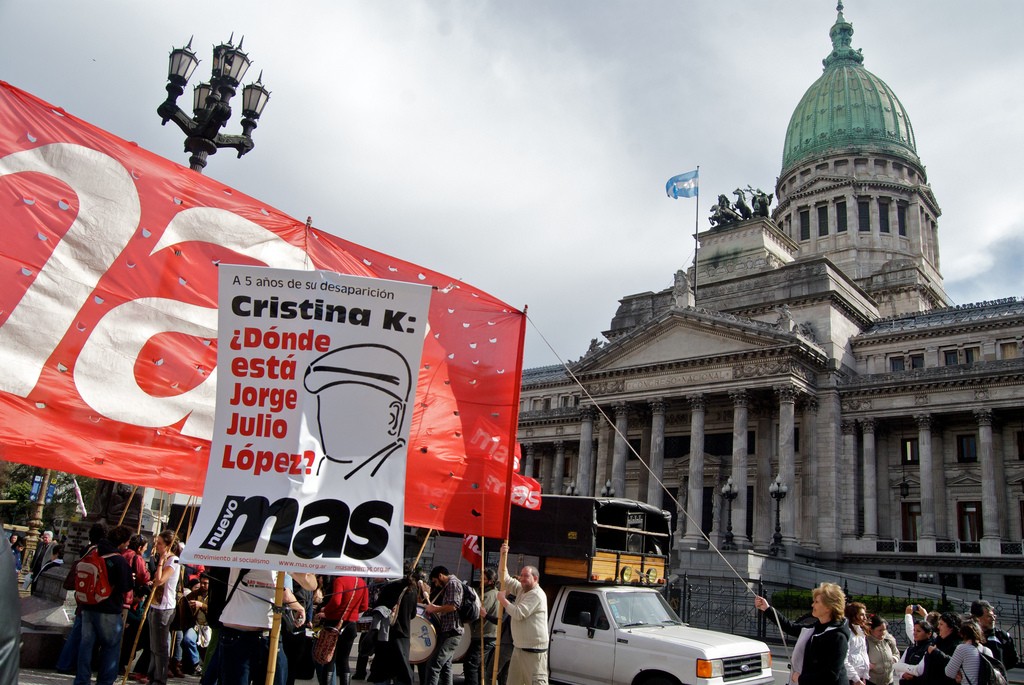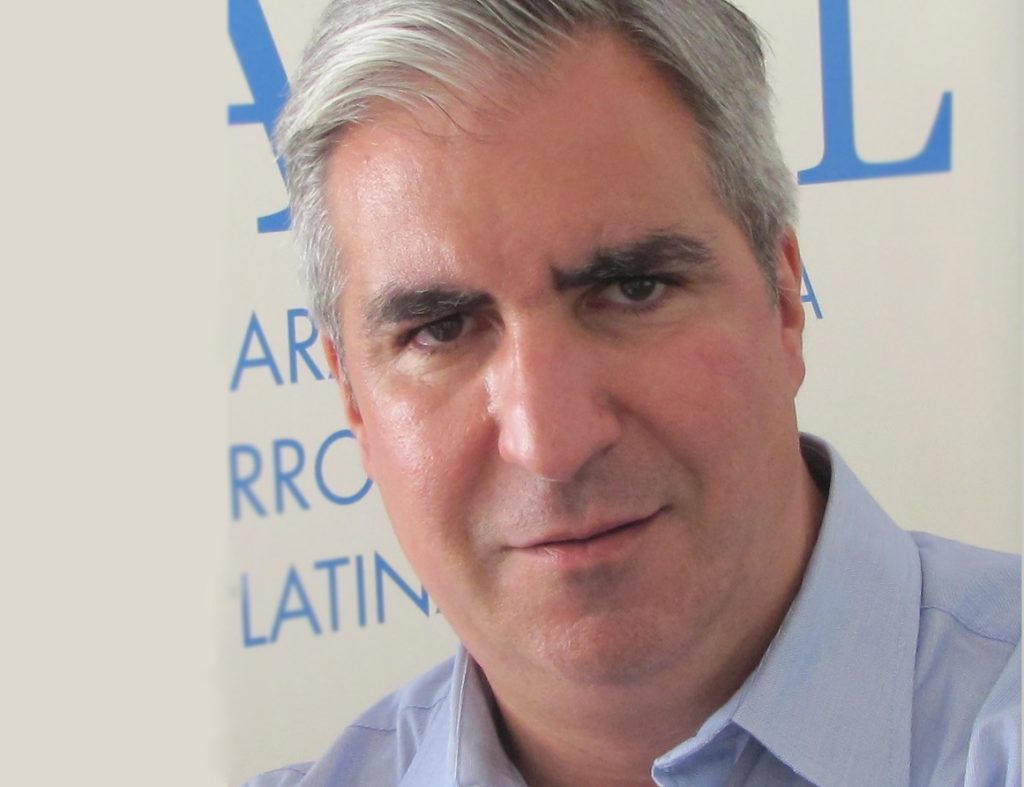“Kirchnerismo Failed to Consolidate Its Authoritarian Trend”
After the Peronists lost the presidential elections in November 2015, we spoke with democracy activist and think tank director Gabriel Salvia about the legacy of kirchnerismo, the structural deficits of Argentinian democracy and the most important reform steps ahead.
BTI Blog: After 12 years under Nestor Kirchner and his wife Cristina Fernández de Kirchner, every BTI dimension has shown declines. How do you assess kirchnerismo’s legacy?
Gabriel Salvia: Kirchnerismo was a huge setback for society. New problems emerged particularly under Cristina Kirchner, such as drug trafficking and citizen insecurity. In economic terms, kirchnerismo left a big fiscal deficit, high inflation rates, investment disincentives, labor legislation discouraging job creation, isolation from the world stage, and serious corruption cases. During the Kirchners’ administrations, political clientelism nearly doubled public employment at the national level. Other abusive and inappropriate uses of public resources were also evident.
BTI Blog: The BTI country report describes your country as “one of the most disturbing underperformers in the areas of transformation and development, largely due to its failures in institution-building.” Why has the country’s vast potential not been realized?
Salvia: The failures in institution building were primarily caused by the lack of respect for the rule of law and a failure to generate economic consensus. Kirchnerismo undermined the commitment to democratic institutions, as well as basic principles such as political pluralism and civilized exchange between parties. The public media was used to attack critical voices. The most controversial laws skirted formal legislative processes. This generated considerable juridical insecurity that negatively impacted the business climate. Kirchnerismo was a light chavismo that, luckily for Argentina, was unable to consolidate its authoritarian trend.
BTI Blog: While many expected the Peronists to retain power, the opposition candidate – former Buenos Aires mayor and conservative politician Mauricio Macri – won the run-off elections against government candidate Daniel Scioli in November 2015. Why were the Peronists voted out of power, and how is this changing Argentina’s political landscape?
Salvia: Opinion surveys showed a desire for change in Argentina’s political leadership, as well as some policy change. Both Macri and Scioli represented moderate political alternatives. However, Scioli failed to disassociate himself from Cristina Kirchner, leaving him identified with the status quo. Cristina exacerbated this link by imposing a disliked candidate on the Peronist ticket in the country’s most important electoral district. As a result, voters who wanted change cast their ballots for Macri.
With kirchnerismo out of power, the Peronists will no longer have discretional access to public resources. This change will be reinforced if Macri’s alliance performs well in the 2017 legislative elections, consolidating its power and popular support. This could further Peronism’s renewal, promoting leadership by the movement’s most democratic figures.
BTI Blog: The stability of democratic institutions eroded further during the past 10 years. Will this change under President Macri, who began by ruling by decree?
Salvia: Macri’s biggest challenge will be to govern with a legislative minority while still respecting democratic institutions. To win passage for his policies, he will have to increase the size of his alliance in the lower chamber while gaining the support of kirchneristas who still hold a Senate majority. Thus far, he has relied on special decrees to pass legislation during the legislative recess. This has drawn criticism among some anti-Kirchner jurists, but some intellectuals have deemed it a necessary means of exercising and consolidating power. Macri would have been better served by expanding his alliances and creating a government coalition with the common goal of overcoming the complex kirchnerismo legacy. However, forming a coalition would entail sharing power, and Macri prefers to rule through his party. The first year and a half of his administration will be very difficult. However, Macri has shown positive changes by engaging in a more democratic use of power, holding press conferences, meeting with opposition leaders, retaining one of the previous government’s ministers, appointing respected officers and proclaiming national austerity.
BTI Blog: In your opinion, what reform steps are most important in solving the structural deficits of the political system and the economy?
Salvia: In the short run, inflation must be controlled and the people living in poverty or extreme poverty must be helped. In the medium and long run, the most important step will be to build consensus, strengthen institutional democracy and develop a sensible economic policy favoring growth with social inclusion. The Macri administration will also have to implement state reforms, promoting meritocratic access to technical and public administrative posts. This reform has been pending since the second Carlos Menem government. A stable political-party system must also be consolidated. Finally, opening to the world is another reform fundamental to Argentina’s transformation.
Interview: Hauke Hartmann


